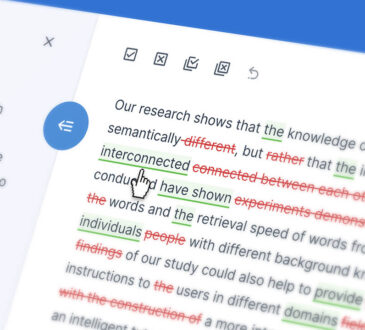
Remote work offers unparalleled flexibility and convenience, but it also presents unique challenges when it comes to managing time effectively. Without the structure of a traditional office environment, remote workers often struggle with distractions and maintaining a healthy work-life balance. In this article, we will explore tailored time management strategies specifically designed for remote workers to enhance productivity and achieve a harmonious work-life integration.
Establish a Consistent Routine
Establishing a daily routine is crucial for remote workers. Begin your day at a consistent time, just as you would in an office, and allocate specific hours for work tasks. A routine helps signal to your brain that it’s time to focus, making it easier to transition into work mode. Additionally, include regular breaks in your schedule to recharge and prevent burnout.
Create a Dedicated Workspace
Having a designated workspace can significantly improve your productivity. Find a quiet, comfortable area in your home where you can work without interruptions. Ensure your workspace is well-organized, ergonomically sound, and equipped with the tools you need to perform your job efficiently.
Prioritize Tasks
Prioritization is key to effective time management. Start your day by identifying your most important tasks and tackle them first. Tools like to-do lists or digital task managers can help you keep track of your daily priorities. By focusing on high-impact tasks early in the day, you will ensure that essential work gets done.
Implement Time Blocking
Time blocking involves allocating specific blocks of time to different tasks or categories of work. For example, you might allocate the morning for focused work, the afternoon for meetings and communication, and the evening for personal time. This technique helps you maintain a clear separation between work and personal life.
Utilize Technology Wisely
Leverage the power of technology to optimize your time management. Calendar applications, project management tools, and time-tracking software can be invaluable in keeping you organized and accountable. Set up reminders for crucial deadlines and meetings to ensure you never miss a beat.
Minimize Distractions
Working remotely often exposes us to a plethora of distractions, ranging from household chores to the allure of social media. Identify your most common distractions and implement effective strategies to minimize their impact. Consider utilizing website blockers during work hours or disabling non-essential notifications.
Establish Communication Boundaries
Establishing clear communication boundaries with your colleagues and supervisors is essential. Make them aware of your working hours and preferred modes of communication. Encourage asynchronous communication when appropriate to reduce interruptions and foster uninterrupted focus.
Regularly Evaluate and Adjust
Remember, time management is not a one-size-fits-all solution. It is crucial to regularly assess your strategies and make necessary adjustments. If a particular approach is not yielding the desired results, be open to trying something new.
Conclusion
Effective time management is paramount for remote workers to maintain productivity and achieve a healthy work-life balance. By implementing these time management strategies, you can maximize your efficiency, reduce stress, and enjoy the benefits of remote work while delivering exceptional results for your employer. Keep in mind that finding the right balance may require some time, so be patient with yourself as you adapt these strategies to suit your unique needs.




